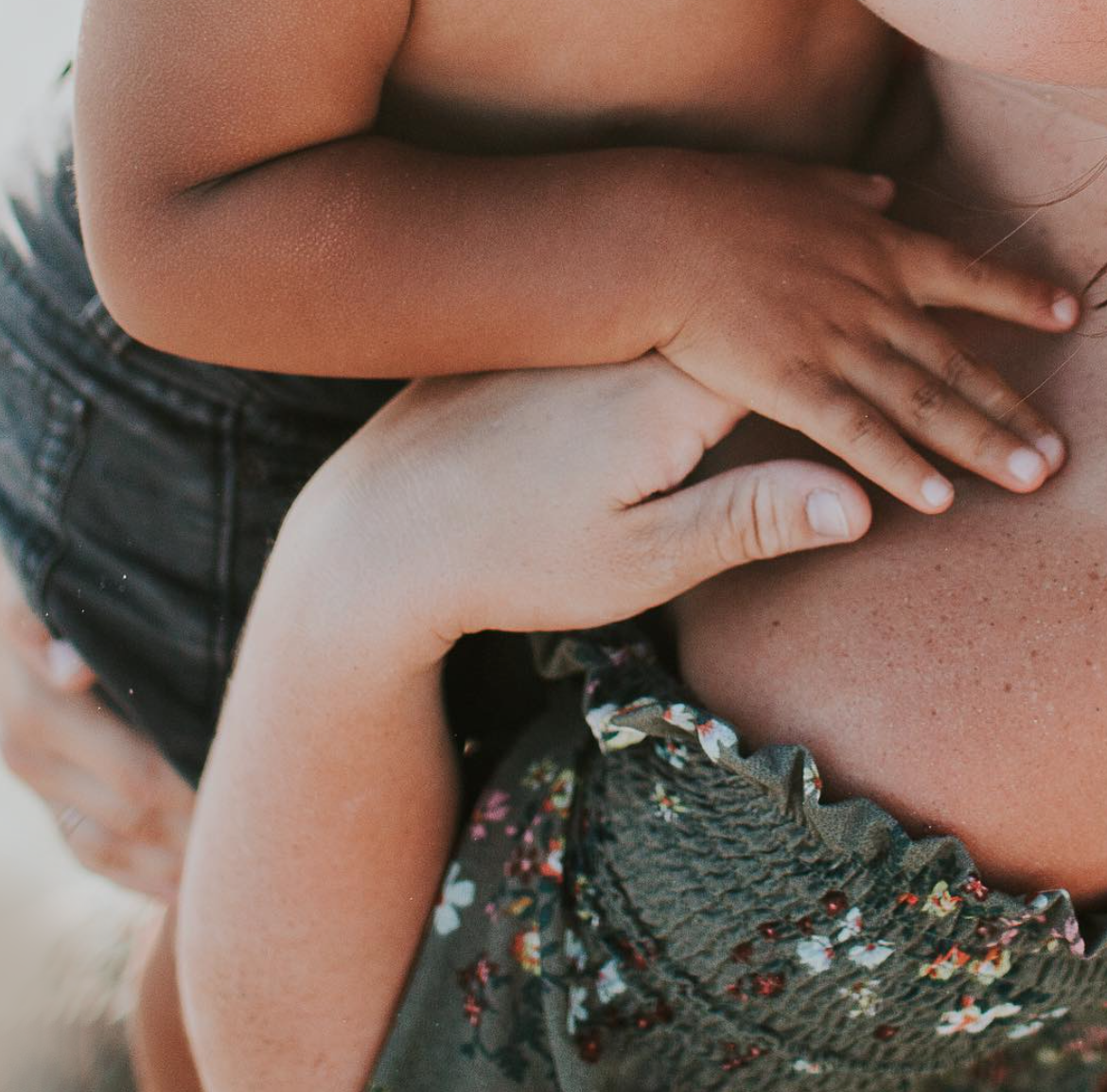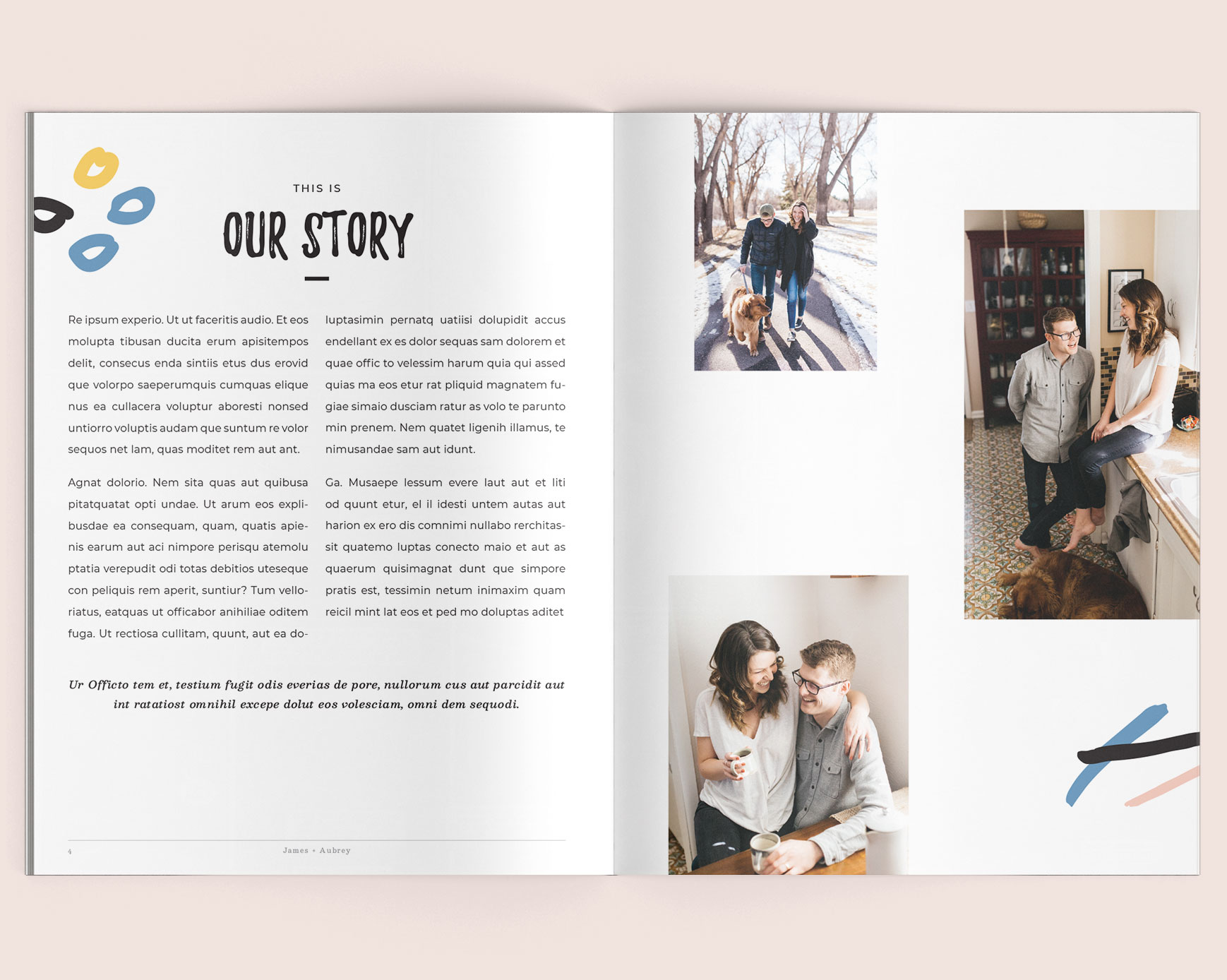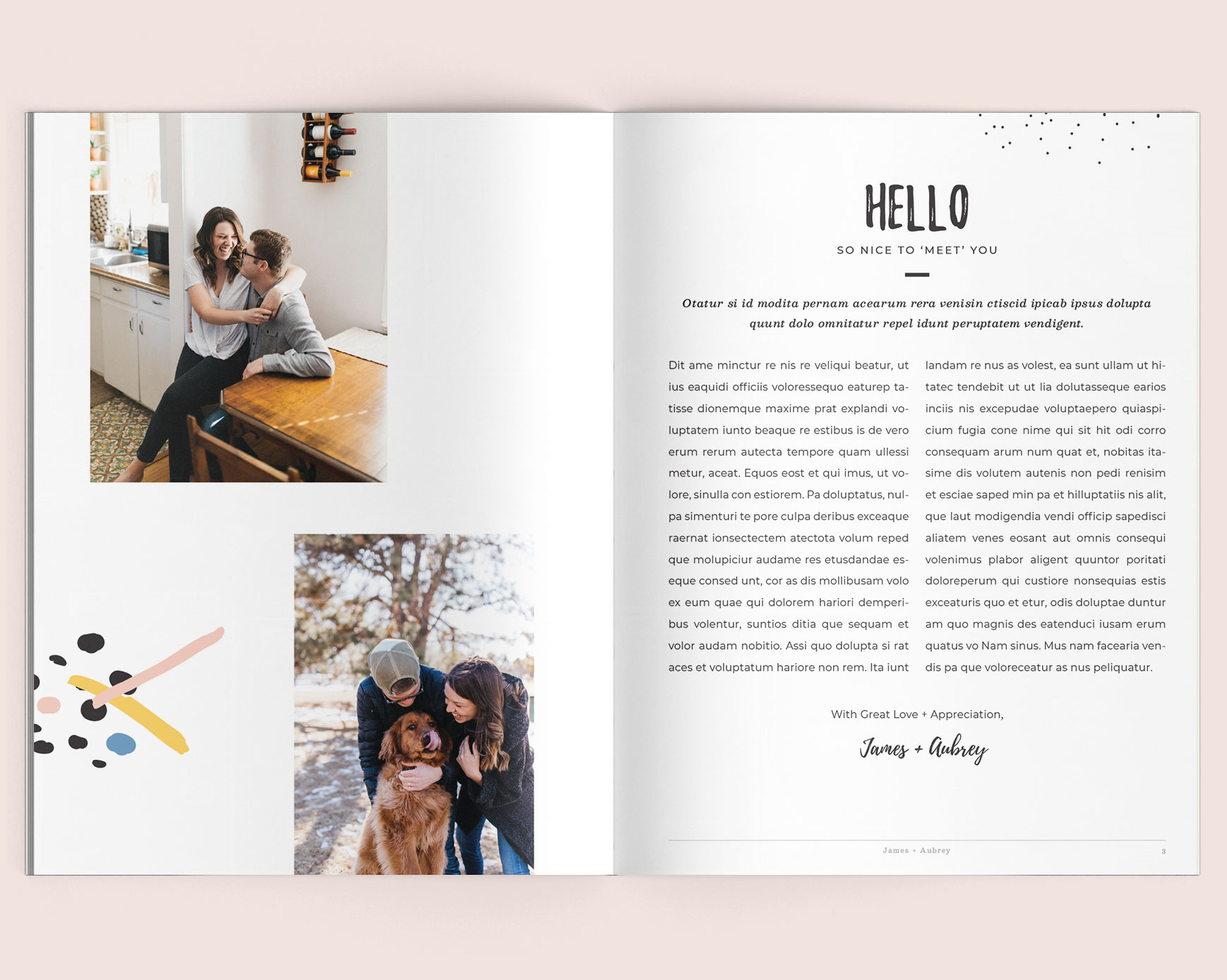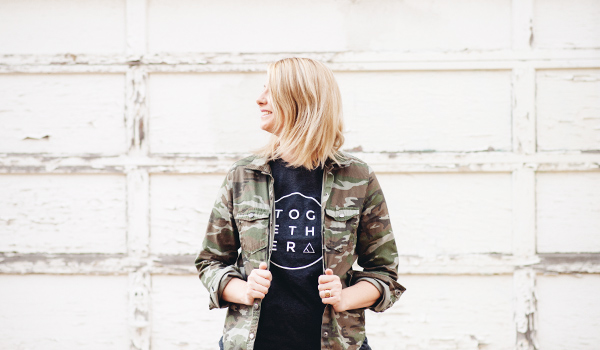It’s the early 1980’s in Northern, Kentucky. My mom tells a coworker that she and my dad are pursuing an open adoption for a biracial child. Her coworker looks surprised.
“Now why would you do a thing like that? You know if you just wait, God will give you the desires of your heart.”
My parents adopted during a time when open adoption and transracial adoptions were rare, even more rare within the small, conservative, mostly white community they called home in Northern Kentucky. Contrary to the assumptions of my mom’s coworker, my biracial sister and I were my parent’s heart’s desire. We never once felt as though we were filling a void reserved for a biological child nor did we feel like our brownness was an unwelcome difference. We were wholly adored and celebrated for our brownness and adoption was a frequent and positive conversation during night-time tuck-ins and adolescent mood swings. My parents were also ahead of their time in the amount of effort they contributed to the process of celebrating and validating our racial identities and our uniquely multi-racial family. However, even with the endless affirmation, multicultural art and toys and movies, there was still a deep longing for meaningful relationships with other people of color.
Growing up, I spent time dreaming myself into the stories of the brown American Girl Doll books and imagining all the things my Black grandmother might have taught me growing up. Once I turned eleven, I began to ask more about the Black side of my family that I didn’t know. Though I’ve had an open relationship with my birth mom and birth grandmother since my birth, my birth father wasn’t present until my parents helped me find him. I thought meeting my birth dad would fill a lot of my racial gaps. Even though meeting him was a huge step in my understanding of myself, with him came his wife and four children and a wave of emotions I didn’t know how to process. During those early teenage years, the questions and renewed sense of loss and hurt that circulated around my relationship with my birthfather spurred a lot of self-doubts and ambiguous sadness.
My dad installed a punching bag in our basement for my sister and me and I remember late nights spent punching lies: You’re unwanted. You’re not worthy. You’re not enough. Lies. Every one of them. But they continued to weave their way through the cracks and convince me of falsehoods:
When someone said: “You don’t know what it’s like to have a ‘real’ sister.”
I heard: Your family bond is not legitimate enough.
When someone said, “I could never date someone who’s not white.”
I heard: You’re not white enough.
When someone said, “Why do you care about being adopted? It’s no big deal.”
I heard: Your feelings aren’t valid enough.
When someone said,“Your parents are white. You don’t know what it really means to be black.” I heard: You’re not black enough.
When someone said, “I want to adopt children of color to teach my own children how to love people who look different.”
I heard: You’re not worthy enough on your own to be wanted.
From second grade ignorance to junior high confessions. From lunch table insults to college seminar jabs. From strangers to friends, to red-faced crushes and Bible study mentors, the comments that have surrounded my complex identity have reiterated the same message: You’re not enough. Not enough as an adoptee, not enough as a biracial person, not enough as a brown child living in a white home.
In our house, I felt normal. However, in the outside world, I was constantly made aware that I was different. People would stare at our family at restaurants. Friends would talk about how they had their dad’s nose or their mom’s hair. Family tree assignments and genealogy maps were confusing and disheartening. Strangers asked where I was from. No, where are you REALLY from? Surely not our small town. The only people outside of my sister that looked like me were in books and other inanimate objects, making it difficult to see how and where and if I fit into the world. Very early on, I had a vivid sense that my life was different, complex. Neither this nor that. Not straightforward or easy but muddled, intricate and outside the ordinary.
I’ve moved through a very black and white world with a very multifaceted identity. And though navigating such a nuanced position in the world has often been the source of great frustration, confusion, and loss, I’ve come to realize the incredible beauty of the messy, difficult, complicated nature of the middle ground. These inextricably connected identities of an adoptee, transracial adoptee, and biracial woman have given me such wonderful gifts of patience, empathy, and resilience. I’m reminded of Trevor Noah, political satirist, and comedian, who offers some wise thoughts on what it’s like to have a middle ground identity or identities that fundamentally change the way you see and interact with the world.
“I grew up under the harsh racial oppression of apartheid as a person of mixed ethnicity. The lines between black and white were clearly drawn and enforced with guns and tanks, but because I am neither black nor white, I was forced to live between those lines. I was forced to communicate across those lines. I was forced to learn how to approach people, and problems, with nuance. If I hadn’t, I wouldn’t have survived. When you grow up in the middle, you see that life is more in the middle than it is on the sides. The majority of people are in the middle, the margin of victory is almost always in the middle, and very often the truth is there as well, waiting for us.”
As an adult adoptee, I continue to do the hard work of reconciling the truth of my worth and the feeling of rejection. As a biracial individual, I continue to do the hard work of reconciling my two disparate racial identities. As a transracial adoptee, I continue to do the hard work of reconciling my brownness in a family of whiteness. I’m learning that no matter what the world says, expects or wants, my truth always lies in the beautiful middle ground.
I’d love for you to join me for Kindred & Co.’s live video where I’ll talk about the ways I actively seek my own truth and healing during my adoption journey, things my parents did well in adoption and things I wish they could have done better. Thank you for receiving my story!
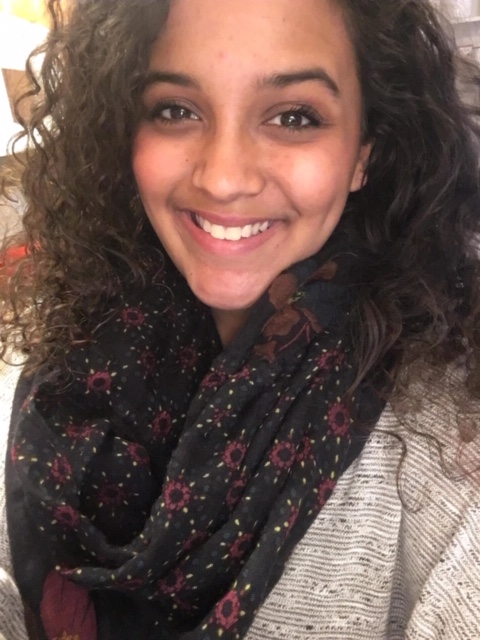
Torie is a domestic transracial adoptee who runs the Instagram page @wreckageandwonder where she blogs, shares resources and talks about her experiences. She’s currently a third-year Anthropology doctoral student at Indiana University. She loves all things Italian food, traveling to new places, collecting old postcards, listening to Motown music and eating tiramisu.
